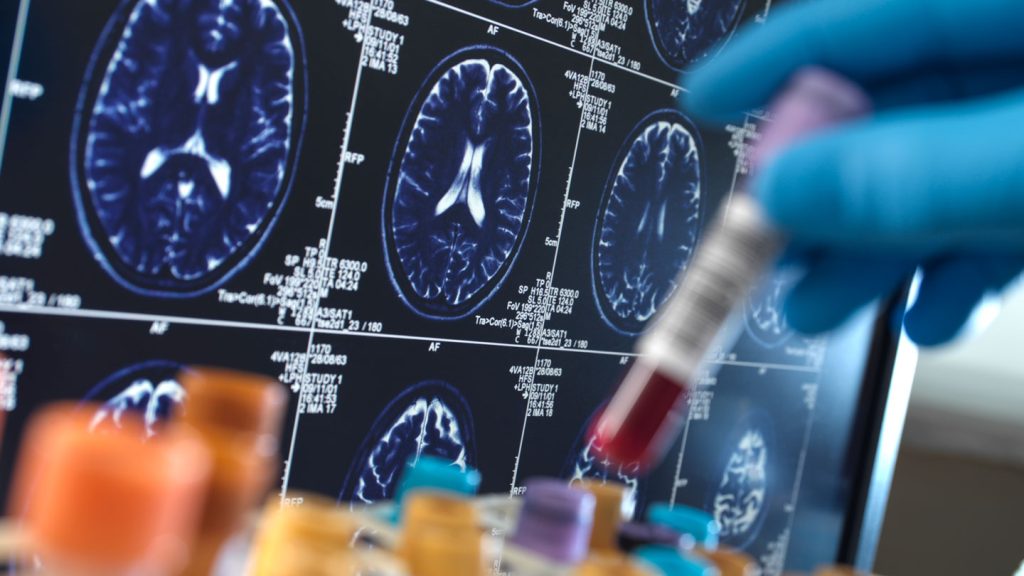Alzheimer’s disease is challenging to diagnose, but advancements in research presented at the Alzheimer’s Association International Conference suggest that proteins in the blood could provide valuable insights. Through the years, the only definitive way to diagnose Alzheimer’s was through an autopsy. However, scientists have developed methods to detect the disease in living individuals, such as spinal taps that reveal protein levels associated with Alzheimer’s and brain scans that highlight characteristic brain abnormalities.
While spinal taps and brain scans are accurate, they can be costly and uncomfortable. The prospect of a simple blood test for diagnosing Alzheimer’s could reduce these barriers to diagnosis. Such a test could offer individuals and doctors clearer insights into the presence of Alzheimer’s and facilitate discussions about available treatment options, including new drugs that aim to reduce levels of amyloid proteins in the brain, which are characteristic of Alzheimer’s but come with side effects.
Experts believe that the introduction of blood tests for Alzheimer’s could revolutionize the diagnosis and treatment of the disease, offering quicker and easier methods to detect the condition. However, there are still several unanswered questions and challenges regarding the accuracy and approval of these blood tests. Advancements in this area may pave the way for improved care for the nearly 7 million people in the U.S. living with Alzheimer’s.
Current studies have found that blood tests measuring the ratios of specific Alzheimer’s-related proteins can be more accurate in diagnosing the disease compared to traditional methods. For instance, tests assessing p-tau217, a modified form of the tau protein that is known to accumulate in the brains of individuals with Alzheimer’s, have shown promising results. These ratios of proteins in the blood provide valuable indicators of the presence of amyloid plaques in the brain, which are typical of Alzheimer’s disease.
Although blood tests for Alzheimer’s offer a significant advancement in diagnosing the condition, they are not standalone diagnostic tools. They provide insights as part of a broader clinical evaluation and may help identify underlying causes of cognitive issues. Additionally, these tests need to undergo further validation and standardization to ensure accuracy and consistency in results before they can be widely utilized.
While some blood tests for Alzheimer’s are currently being used, they have not received FDA approval. Despite this, some healthcare providers are already incorporating these tests into clinical practice. Moving forward, additional research is needed to determine the effectiveness of these tests in different populations and establish guidelines for their usage. Ultimately, the development and widespread implementation of standardized blood tests could significantly improve Alzheimer’s disease diagnosis and management.


